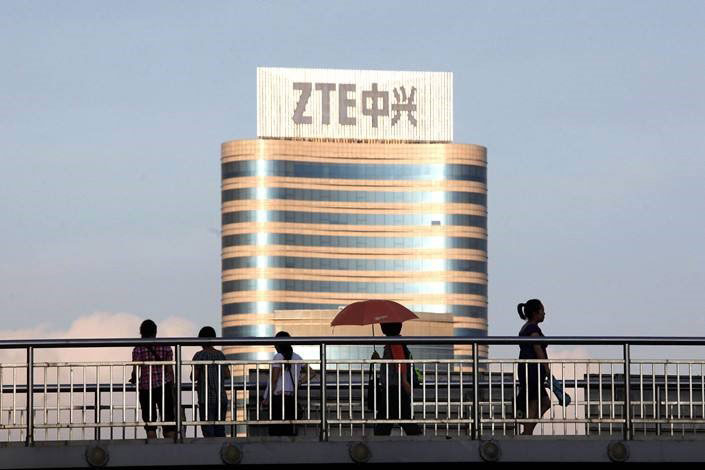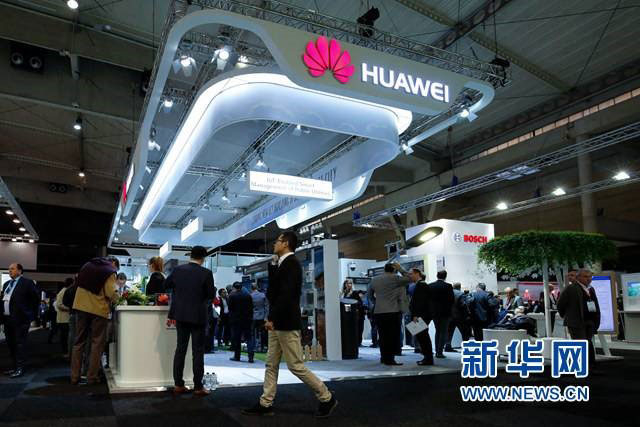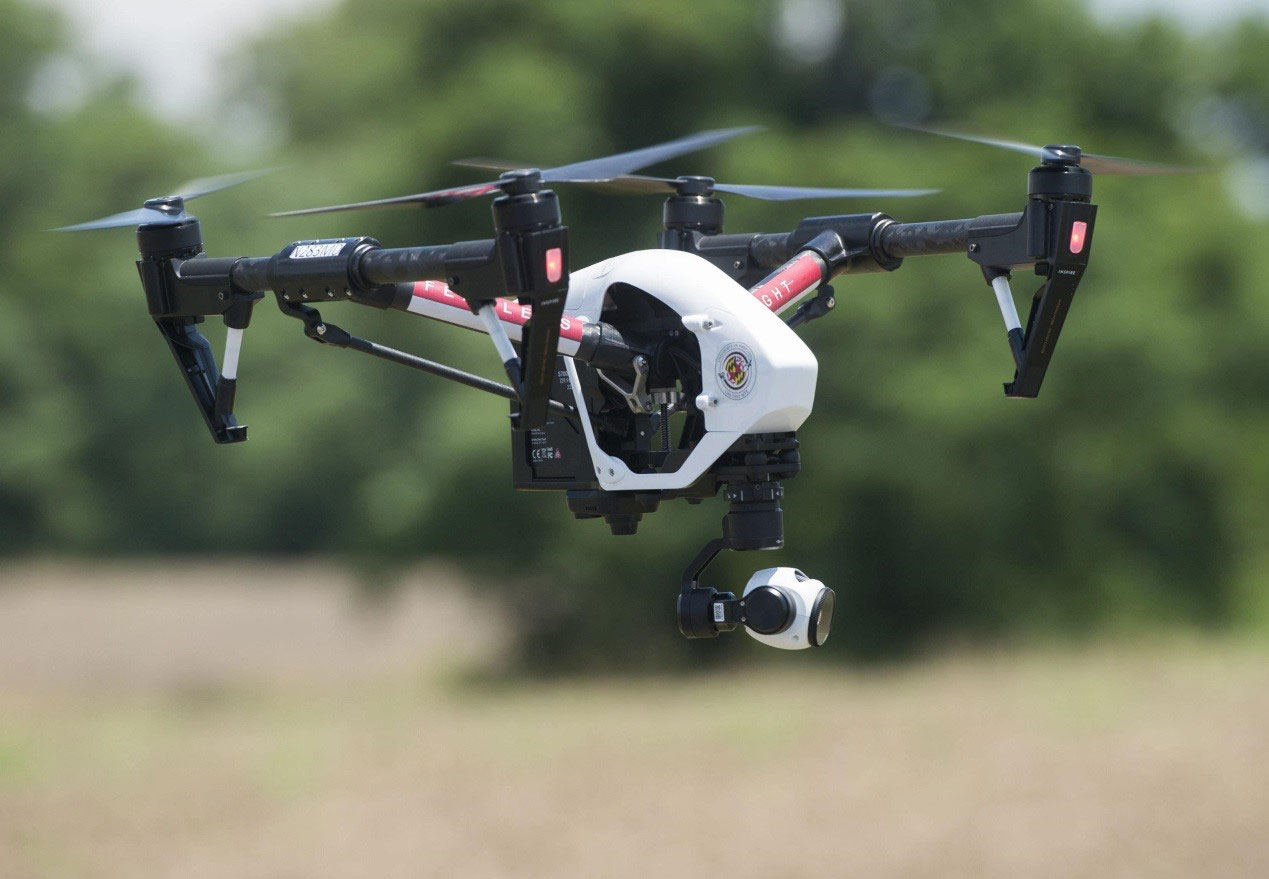
Technology
18:13, 23-May-2019
Next target? U.S. takes aim at Chinese tech firms and their U.S. partners
By You Yang, Ma Yunpu
02:55

The clouds of war started to gather a year ago in April. Washington banned Chinese telecom equipment maker ZTE from buying any U.S. technology for seven years. The decision could deal a fatal blow to the company and its thousands of partners, which include U.S. companies.

China's telecom equipment maker ZTE /Xinhua Photo
China's telecom equipment maker ZTE /Xinhua Photo
ZTE immediately hit back saying the U.S. was imposing the most severe penalty even before the completion of an investigation. The company's chairman Yin Yimin later said at a press conference that "the U.S. Department of Commerce is politicizing trade frictions and overly playing up small issues. We are determined to safeguard our legitimate rights and interests through all legally available means."

One of Huawei's experience centers in Barcelona, Spain /Xinhua Photo
One of Huawei's experience centers in Barcelona, Spain /Xinhua Photo
The ban was lifted three months later.
ZTE had to place 400 million U.S. dollars in an escrow account to resume business with American companies. But Washington continued its attack, taking the battle to other Chinese companies including Huawei. The country has put Huawei on its entity list which bans it from doing business with American companies.
"Now Huawei is becoming the victim of the bullying by the U.S. administration. This is not just an attack against Huawei. It is an attack on the liberal, rules-based order," said Abraham Liu, Huawei's chief representative to the EU institutions, in a speech.
And Huawei is not the only victim of the US government's decision. Experts say many American firms, and the U.S. tech industry as a whole, will also be affected. A list released last year showed that Huawei bought more than 11-billion-U.S.-dollars' worth of goods and services from American companies, and over one-third of its core suppliers were from the U.S.

A drone made by DJI /Xinhua Photo
A drone made by DJI /Xinhua Photo
Another targeted Chinese tech company is DJI – the world's largest consumer drone maker.
The company enjoys a 70 percent market share in the U.S. – and Washington believes it could pose a "cyber-spying" risk to American businesses – but has produced no evidence to back this.
Early this month, China Mobile's bid to provide phone service in the U.S. was rejected by local regulators. They believe the company could collect intelligence information against U.S. government agencies.
But has China Mobile done anything to threaten U.S. national security? The U.S. government has yet to release any details.
Editor's note: Using self-claimed, unproven security threats to damage foreign companies' reputations is becoming common for the U.S. government. And this is not only applied to China but also U.S. allies like Japan. Governments and companies around the world should be aware of this and prepare for U.S. actions against them. A domestic "plan B" is not only necessary for Chinese telecom companies. — Gong Zhe, CGTN Digital editor for sci-tech content.

SITEMAP
Copyright © 2018 CGTN. Beijing ICP prepared NO.16065310-3
Copyright © 2018 CGTN. Beijing ICP prepared NO.16065310-3